The Bad Guys: corporates, billionaires, autocrats.
Trump attacks nonprofits. Billionaires are bad. Corporate donors are often crappy. And why the Southport inquiry needs to move beyond 'interventionitis'.
Well. What do you say this week? Apart from ‘bugger’. Even I have been trying to take a bit of a news pause this week. Alistair Campbell’s wife saw him watching Trump’s inauguration and asked him why he was ‘continuing to self-harm’. That’s certainly what it feels like.
No, look, here is an upside: suddenly the voluntary sector in the UK is looking amazingly positive if you compare it with, um, everything else. I mean, like, who cares about bingo or soup kitchens at this stage? (Okay, obviously me.) I will never forget the day after the Brexit vote, and going into the office of my organisation dedicated to building bridges, breaking down barriers, and creating a happier more tolerant world. We just sat there. Nobody spoke all morning.
More and more I’m trying to get out there and talk to people who want to think about radical change for the charity sector. If that’s you, drop me a line.
The Voluntary Sector Is Suddenly Brave
Funny how everyone in civil society is suddenly able to stand up and be counted when the fascism is happening in America isn’t it? Lots of people posting on social media about how horrified they are, and yet there was a hell of a lot of apolitical blandstanding ‘hope will triumph’ stuff when Suella Braverman and the Tories were pointing angry mobs to hotels full of asylum seekers. Everybody Gangsta when it’s happening in The Bad Place. When the Muskian Mosleyites in the Tory party rise over here - and they will, and likely win an election - I look forward to seeing everyone calling out fascism. Of course, if their trustees are watching, or their grants or local authority contracts, or their good standing with the Charity Commission, are on the line, I suspect people will feel much less brave. Yes, you might say it’s of a different magnitude in the US - but it’s always of a different magnitude until it isn’t.
Trump cracks down
[EDIT: he’s backed down! FOR NOW...]
And so it begins for our nonprofit compatriots abroad: Trump has suspended grants for nonprofits to check whether they support woke ideology, DEI or green new deal approaches, among others. I was talking to a new colleague in the US nonprofit sector today who focuses on green issues and carbon. Getting support in the US was already tough. Now what?
“This order is a potential 5-alarm fire for nonprofits and the people and communities they serve. From pausing research on cures for childhood cancer to closing homeless shelters, halting food assistance, reducing safety from domestic violence, and shutting down suicide hotlines, the impact of even a short pause in funding could be devastating and cost lives,” Yentel said in a post on X. “This order could decimate thousands of organizations and leave neighbors without the services they need.”
So nonprofit funds (and also, note, this could include universities) are being checked regarding whether they are ideologically pure and suitable for Trump’s policies. This kind of approach - apart from its abruptness - is the kind of thing that happened day-in-day-out under the last Government here. And remember ‘Building a Stronger Britain Together’? And remember the cutting of funds to charities who dared to object to genocide in Palestine? Or the fun with the Arts Council. To some extent, nonprofit funding by Governments is always politicised - but the precise extent depends much on the autocratic/ democratic nature of the Government. And there are very clear parallels here between the approach of Trump and the successive May/ Johnson/ Sunak-Braverman-Badenoch moments.1
Back in the US, would a Civil Society Covenant have saved them? In four years, we may well be facing a much more difficult situation here even than we endured for the last 15. People in the policy side of the VCS I know are preparing for this already. This makes it all the more important to get something, anything in place now.
Tax and billionaires
Other aspects of Voluntary Sector Bravery at the moment include people rightly noting that autocrats and billionaires are, erm, dreadful.
I like very much what Henry Rowling (who I always confuse for Henry Rollins) said about tax and moaning CEOs.
I also like what Kevin L. Brown said about billionaires (below). I sort of add to that: the further problem for me is not that billionaires don’t donate enough. It’s that we have to rely on these people to choose to share any money at all. I don’t see especially greedy and selfish billionaires as the problem. Many would argue that ALL billionaires are the problem. If the Muskrat or Jeff Bozo gave 90% of his income to the poor, we might reasonably still object to the level of power, wealth and influence he has. The problem is that autocracy and oligarchy are implicit in, and entirely entangled with, philanthropy of the wealthy.2
Now, you might say: what about the good ones? What about the billionaires who help people? You could say, for example, ‘Bill Gates is a good egg.’ (Erm, well...) ‘What about the good philanthropists?’
To me, that’s like saying dictatorships are okay as long as the dictator is benign. The problem is the structure. They may be fine for now, but that is entirely up to them. And giving sole power over who gets help, to an economic elite is a very serious problem.
And just know: it’s all too common in the US to find neoliberal extremist anti-tax tea-party nutjobs who use philanthropy precisely to argue against taxation, social welfare programmes and the like. All too often, philanthropy is weaponised against social welfare and redistributive taxation. Why tax them when they are gods among men, whose noble love of humanity and special genius makes them better able to see what we really need?
But why don’t they just give the money? They can’t possiby need it. Well, look at this from the only Tory I can stand, Rory Stewart:
“I was talking to some very wealthy people on the west coast and trying to understand why they don't give away more money when they’re alive. [… They said] what you don't understand is that the amount of money you're worth has an incredible impact on your influence at the very top level of American society. And if you give your money, if you measure you measure status by wealth, that is part of inequality. [..] So [..] If they were to suddenly give away £3.9 billion, their fear is that suddenly nobody wants to talk to them. The White House wouldn't invite them to stuff. Their friends wouldn't care about them. They wouldn't appear in the right lists, they wouldn't be getting their honorary degrees. They wouldn't be able to influence stuff. And of course, a lot of this is competition between them.” 3
I promised to do more on oligarchs and autocrats and philanthropy this week, but I’m saving this longer piece to next week when I’ll be away. So you can wait for that little hand grenade in your inbox.
More Horrors for Young People
What follows is an extended version of a LinkedIn post, which as ever I can’t control whether anyone sees. As I said last weekend, I strongly suspect cuts in child and adolescent mental health services contributed to the Southport tragedy. There are many factors - but so far I’ve seen no mention of this.
I’m not going to put that truly devastating mugshot picture of the young guy here again. Partly because it upsets me, and honestly, it genuinely frightens me. It’s uncanny. 4 That’s partly an accident of photography, and indeed, of a sensationalising media culture.
But what happened to that boy that made him become this other (and ‘othered’) person? That’s also the power of that mugshot image and its precursor: it has us all asking questions about the transformations of mental illness, of ‘good’ into ‘evil’, and indeed, of ‘innocent’ boy into ‘dangerous’ youth. None of this is helpful.
Meanwhile, let me be clear - I’m not suggesting individuals are absolved of all responsibility in life by virtue of trauma. As Gabor Mate puts it, without personal responsibility our society breaks down. But we do also have a responsibility to do what we can to prevent people from harming themselves or others. And alongside changing culture, the safety nets we put in place matter. And these safety nets were not only insufficient - they were entirely unfit for purpose.
Interventionitis: why headlines don’t make good social policy
So what I want to know is how the scope of public scrutiny seems to be focused on services like Prevent and anti-knife crime/ policing, and a safeguarding board, as opposed to the child and adolescent mental health services (CAMHS) that perhaps could have intervened in time, when every red flag was being missed by a load of badly-designed, ill-prepared, quick-fix services. The last Government decimated CAMHS. For example, in one year of austerity (2014-15), CAMHS services were cut by £35m. In the same year, the Government spent £117m on National Citizen Service.
In 2022, CAMHS formed only 0.7% of the NHS budget and only 6.8% of the mental health budget.5 Children in psychosis are turned away, never mind those with severe depression or eating disorders. Children who have tried to kill themselves are considered insufficiently ill to receive treatment. Children wait up to five years for help.6 Let’s be clear, spending on CAMHS is not small. But it pales by comparison with the scale of the problem.
While all these services for young people in serious mental health crisis withered and were starved, other quick-fix interventions sprang up. But the horrors of what happened - or didn’t happen - for Axel, bring into relief the same issue I’ve talked about before.7 The approach to young people over the last fifteen years has removed any support for young people themselves and turned them into a series of social problems or crisis points to be fixed by a series of fragmented, limited and highly specialised interventions.
The fact that the only support the kid’s poor parents were given, his teachers, even the police, was a knife crime initiative, a referral to the inaptly named Prevent, focused on ‘radicalisation’, or concerns raised to an impersonal, strategic, distant safeguarding board, actually just speaks of the complete lack of holistic strategy at either individual or societal level, and the hollowing out of any way to deal with kids who are clearly deeply damaged and dangerous.
The fact that Prevent turned him down twice because he didn’t have an ideology is laughable - as if the kinds of behaviours and problems he was showing aren’t exactly the ones that lead to people seeking out and DEVELOPING one. The thing is, people come to ideologies and are susceptible to them because of their own experiences, psychology, personality. Sadly, the more damaged, deranged and violent the person, the more likely they will find a similarly violent ideology.8 And indeed, those ideologies then go on to further warp and exacerbate those mental illnesses.
But overall, what we see here is the curse of interventionitis - where we carve people up into a series of poorly-funded, headline-grabbing initiatives which cannot possibly deal with the reality of real human beings: bodies, psyches, lives. We focus on specific trigger points, or symptoms, and never deal with the fundamentals.
Knife crime worked the same: activities like doing interventions in hospitals when kids have just been stabbed. Perhaps powerful and effective to an extent. But a last gasp. Should we be waiting until a little boy has holes in him before we act? With things like the major strategy on youth violence, I can understand that the public health approach makes sense, but even then, it was tackled as a series of gizmos and ‘innovative’ fixes that could be dropped in at key points. So much public service design theory focuses on mapping journeys, and yet it can only conceive of journeys as clusters of touch points. But the lack of any sustained support on individual mental health leaves a tossed salad of interventions that can barely make a dent. Meanwhile, the services that wrap around - the deep, holistic, and long-term, and indeed, the most acutely needed - were gutted for a load of flashy boondoggles and sticking plasters.
Without CAMHS, we may as well give up on any functioning support for young people in the worst trouble - not just those who are dangerous, but also for those in danger, or just utterly miserable. They will become adults with shattered lives, passing on intergenerational trauma, and worse.
So unless the inquiry takes as a substantial part of its remit questions about the destruction of acute mental health support services for young people during the last government, I cannot see the point. Making it about knives or radicalism misses the point so absolutely that it can only conclude completely the wrong things: because if all you have a hammer, everything looks like a nail.
And then there is youth work…
Epilogue: Youth riots 2.0
Meanwhile, the second youth riots (2024, not 2011) have been subject to an inquiry by the Children’s Commissioner. This has not revealed what people thought it would.
Hatred of Police not racism motiviated children in English riots, report finds
Josh Halliday, Guardian 28th Jan 2025
“De Souza, whose team interviewed 14 children charged in relation to the riots, said the false claims spread by far-right influencers “played a potential role” but did not drive their actions.
None of those interviewed claimed they were motivated by anti-immigration, racist or far-right beliefs, with several expressing their dislike of these types of views. Rather, they were driven by anti-police feelings and a lack of youth activities and job opportunities, according to De Souza.
“I thought I would hear far more about [far-right influencers like] Andrew Tate. That’s not what I heard at all,” she said. “There was quite a group of the children who were there because they hated the police and they were clear about that.”
These children – who included “star pupils”, army cadets and trainee electricians – saw the riots as “an opportunity to retaliate against the police” after previous bad experiences with officers and general community distrust, she said.
One of the children charged said they joined a riot after hearing that the police would be there. They said: “We went down to see what it was. There’s a tradition in [my city] of people versus police. We had an opportunity.” […]
De Souza said it was important to take public disorder seriously but that the severe response “calls into question the greater purpose of our youth justice system, which should offer not just punishment but also rehabilitation”.
She told the Guardian: “If you are growing up and it feels unfair and then your engagement feels unfair too, you exacerbate a difficult situation … it’s absolutely dangerous.”
So young people’s sense of hopelessness and exclusion - in the context of abandoned communities - is the real culprit. No shit, Sherlock.
Let’s not forget that the actual racism was actively stoked by mainstream political parties this time. The fact that kids weren’t affected by that is more of a surprise than anything - perhaps it’s because they aren’t reading the Express or on the same toxic social media channels as their parents? Who knows. But saying, almost wanting, the problem to be that there are just dreadful racists in communities is failing to see what drives them. (And believe me, I know all too well that there are some absolutely horrific racists in communities….) I think it’s interesting to see, in ovum, the rage revealed in another set of children, who in this case perhaps have not yet found an ideology to give voice and focus to their inchoate rage, even as they stood alongside those ideologues in the battle lines. Give them a bit longer, and they too will find one.
All in all, I also strongly hope that the current Government doesn’t wait until however long it takes for yet another inquiry, to see that young people are just not being protected. And they are being left behind, enraged, waiting for somebody to find them somebody to hate. Usually this only washes back on the young people themselves and their immediate circle. On these occasions, it has tragically hit much wider. More gizmos and quick fixes are not what we need.
And Finally.
Well, this is on a different scale from global fascism, but it is pretty damned annoying. What I continually find myself asking with corporate ‘philanthropy’ (ie. marketing) is whether we are actually just the biggest idiot dupes imaginable when we take money from many of these people. Not always - but when the company actually responsible for the very destruction your organisation is battling, I find myself wanting to ask these charities: what the f*ck are you smoking?
Which brings me to Ticketmaster. It’s no exaggeration to say that Ticketmaster have significantly contributed to the mass closure of small live music venues. This may not be something people who aren’t music geeks like me know, so if you’re interested, take a look at this video that explains their effect on small live music venues.
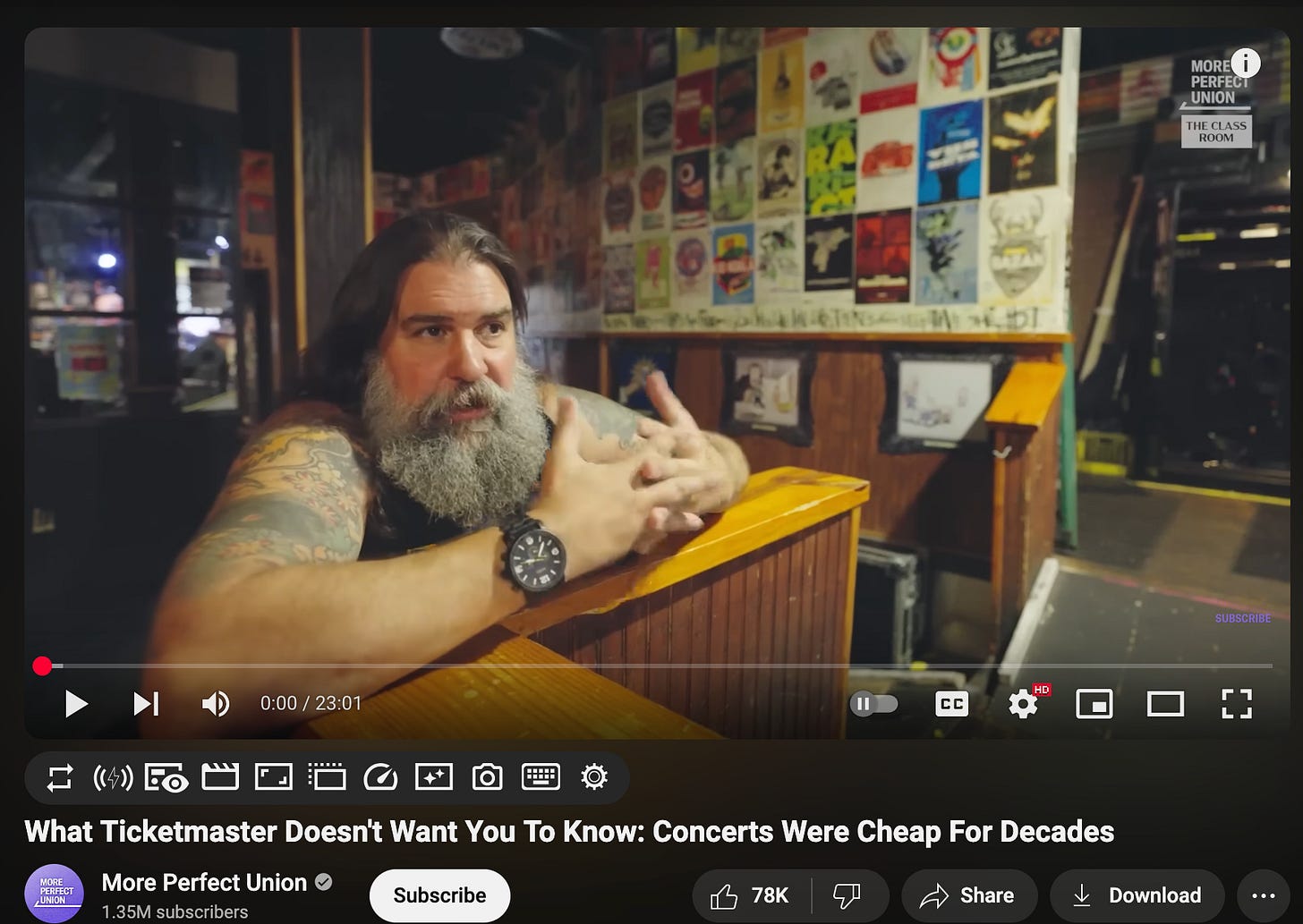
Ticketmaster is an arguably a monopoly. It merged with Live Nation, the largest producer of concerts in the Western world to form a massive monopoly on all live music - controlling both ticketing and the live music itself. It controls ticketing, venues, and promotions, allowing it to impose exorbitant fees, put in horrific airline style dynamic pricing, and limit competition. Its resale platforms and alleged collaboration with scalpers exacerbates issues like inflated prices and reduced ticket availability, pricing people out of live music. Smaller venues and independent artists struggle, and countless small venues are closing.
This has been so terrible that some artists are now actively working against them to prevent them stopping artists’ actual fans from seeing them. Goth idol and socialist, Robert Smith of the Cure, has actively taken them on - and yet, Governments are only now starting to try, after the sales of Oasis tickets last summer produced the same results as Taylor Swift’s eras tour.
Why am I telling you all this?
Ticketmaster gave the Music Venues Trust £60k to support grassroots music venues. This is beyond insulting, and there’s a sort of satanic cynicism to this that truly takes my breath away.
I was looking for a ridiculous analogy to use. And here’s what I came up with: ‘this is like celebrity sexual abusers giving money to women’s charities.’ ‘Global polluters giving money to environmental charities.’ ‘Tobacco companies giving money to cancer research.’ And then I thought, actually, that all sounds like business as usual, doesn’t it?
Here’s all-round nice guy Chris Price’s post (and former Southwark colleague) about it and the original snippet from Private Eye. I make the donation 1/1850th the size of the CEO’s bonus.
Barely Civil Society is trying to promote deeper debate in the UK charity sector.
Here are three ways to help.
1. Subscribe
2. Share
OR….
There’s usually a lot more wiggle room in the US re: political movements and nonprofit status btw - because of course the funding of political parties is an absolute free for all….)l
A good slogan for people seeking any kind of philanthropic donation in the meantime would be ‘no cash without control’. We want your cash and we will decide how it is spent. If we don’t get to decide how it is spent, something is wrong. Because, honestly, it should never have been yours.
https://www.merseyside.police.uk/news/merseyside/news/2025/january-2025/axel-rudakubana-jailed-for-minimum-of-52-years/
https://www.theguardian.com/society/2022/apr/10/the-guardian-view-on-camhs-in-crisis-young-people-need-more-help
https://www.theguardian.com/society/2022/apr/03/swamped-nhs-mental-health-services-turning-away-children-say-doctors
https://www.alexevansconsulting.org/articles/serious-youth-violence-interventions
That’s the case for most of us who are political even in fairly benign ways. I got involved in AIDS activism originally because I was angry about a lot of things. Only one of them was AIDS. That went for every person I knew. Most young people get into politics first and foremost to express their own psyches: politics provides a focus. But this is also how movements of any stripe get going.


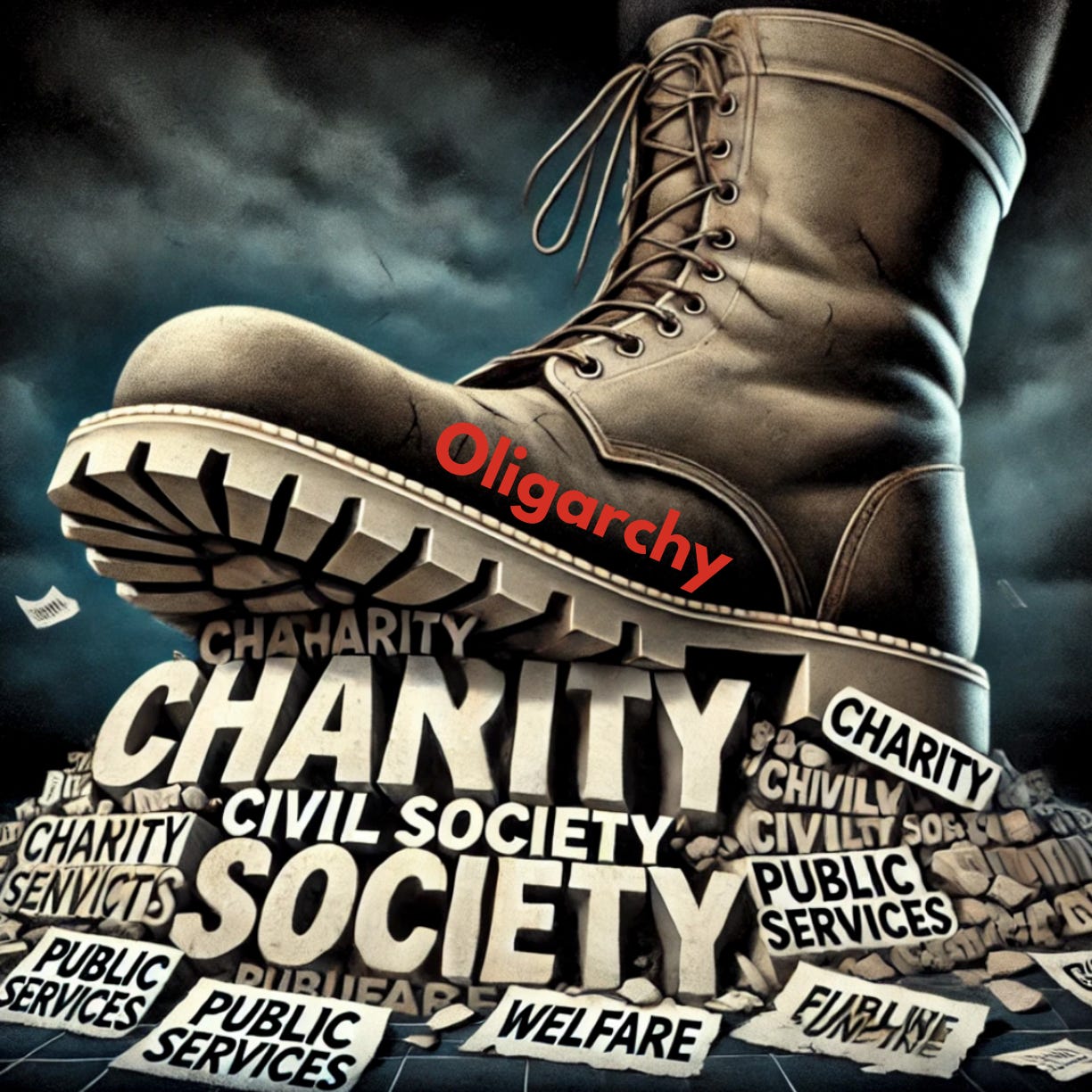
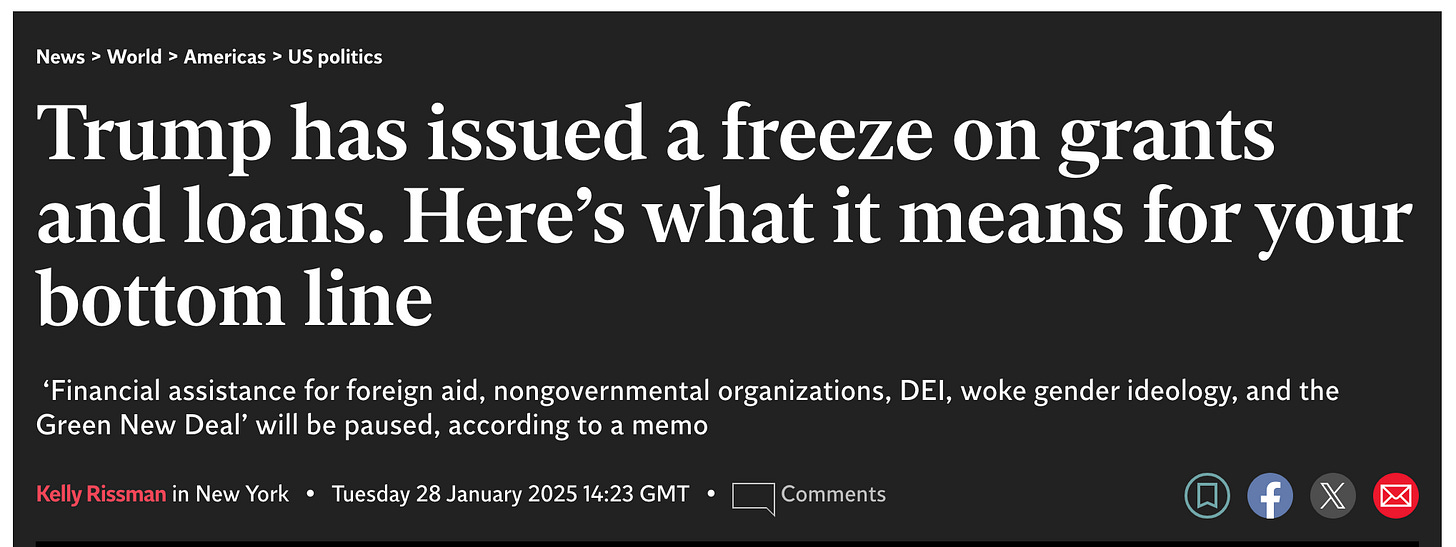
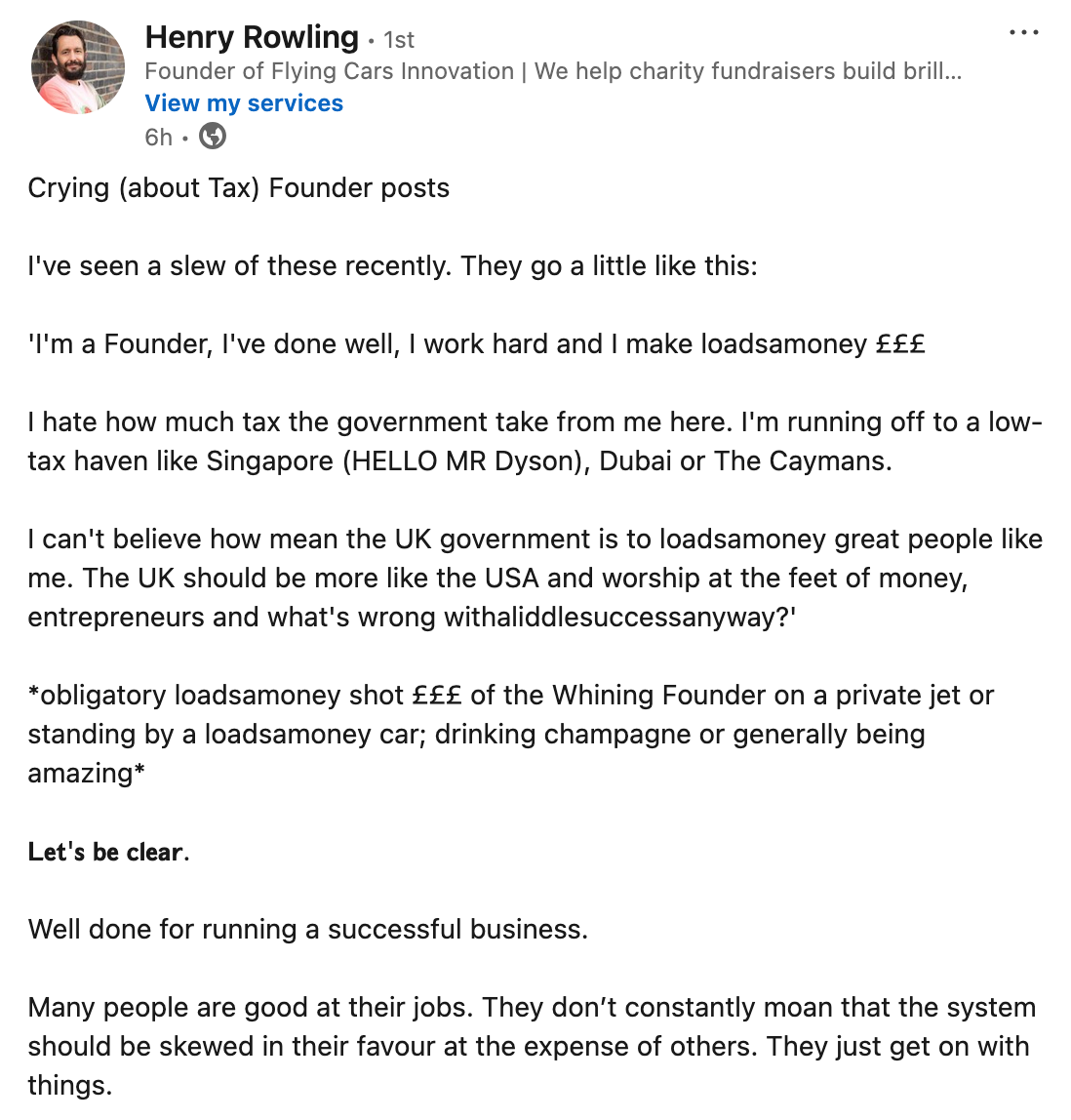
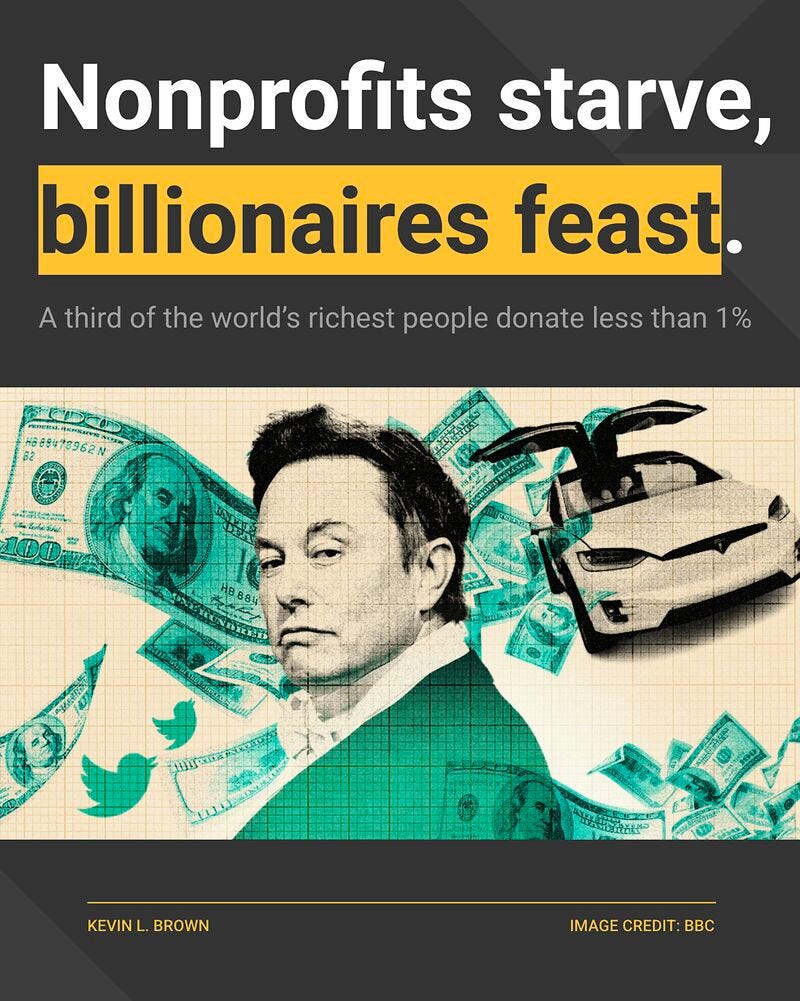
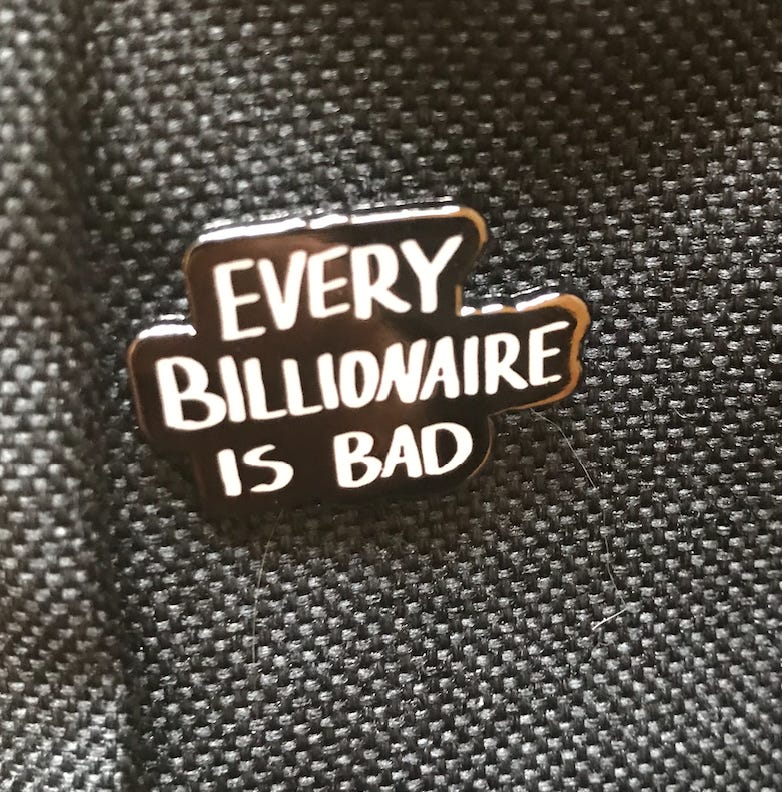


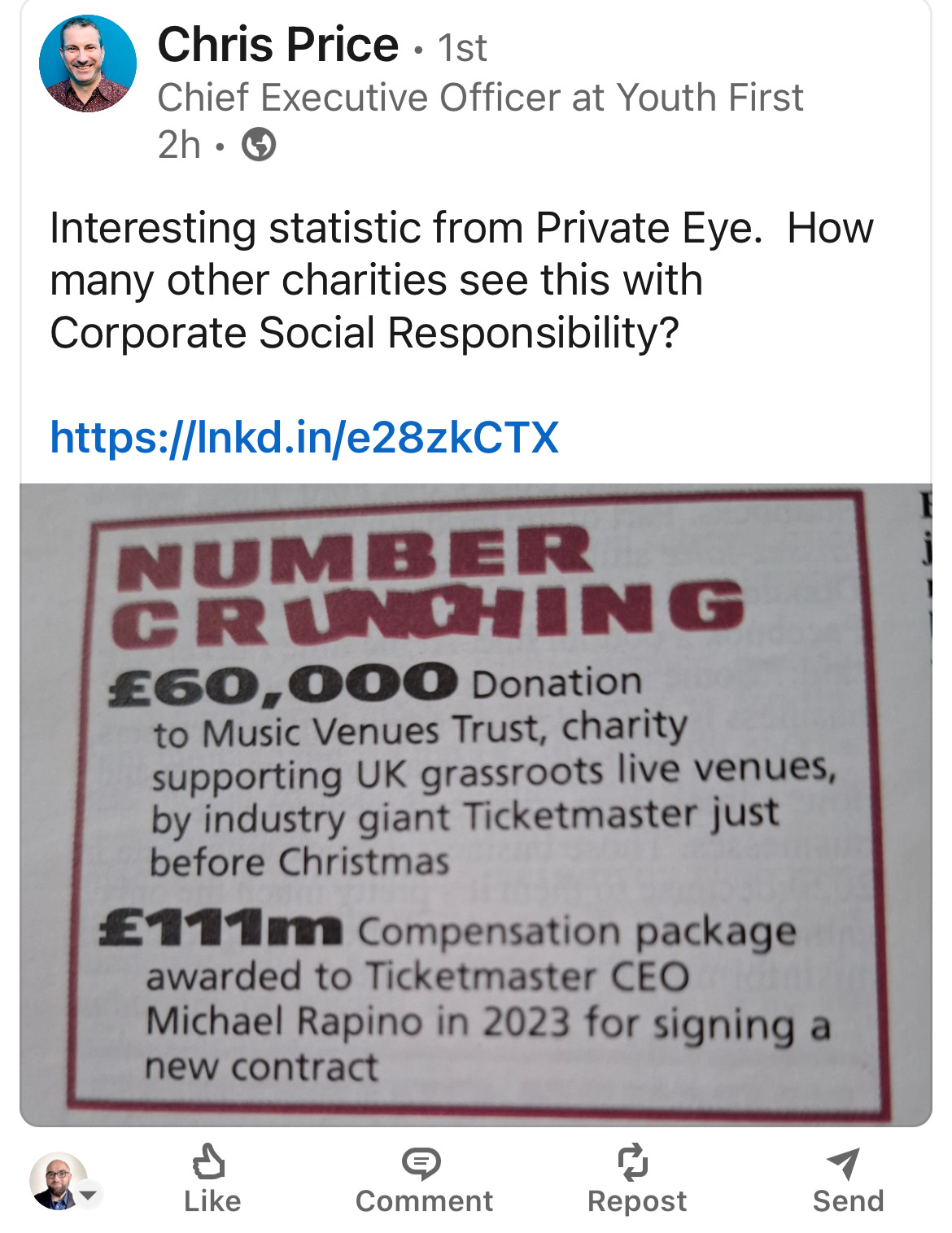




So damm good. As always. I'm curious though - why didn't you return to Pilates? Caroline